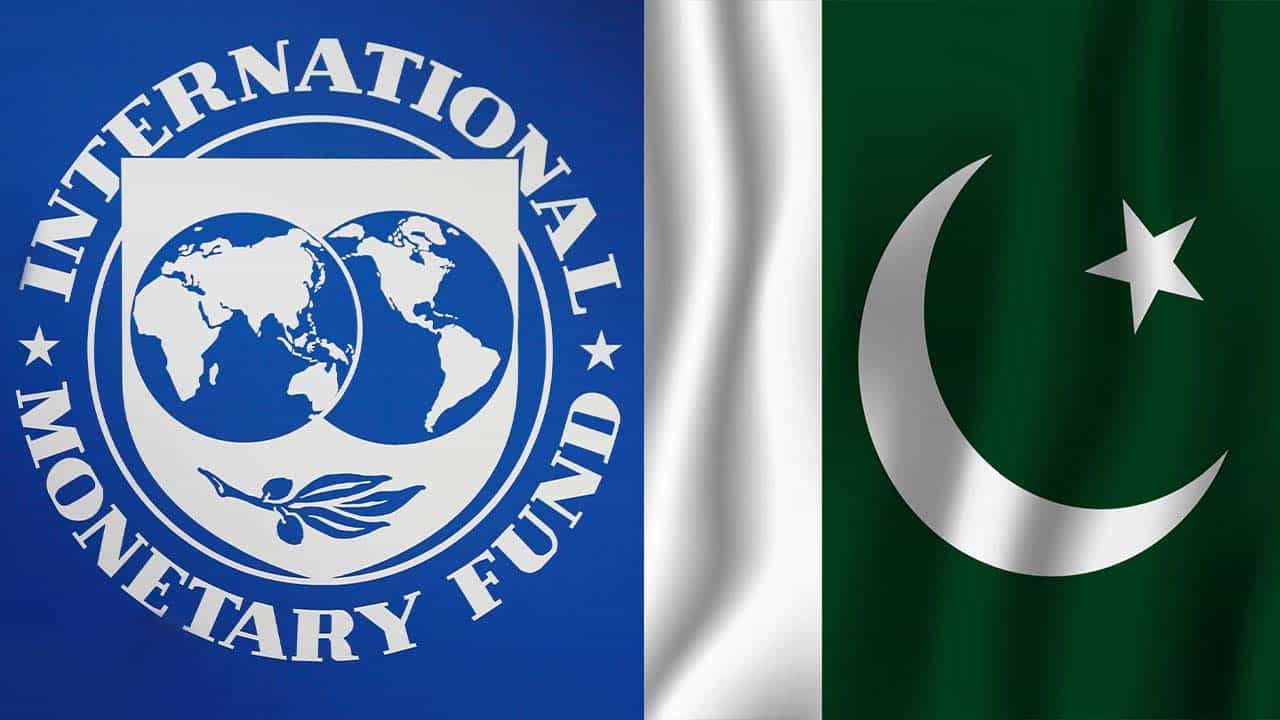Increase in Funding Questions for the Rise of Rs. 7 per Unit in Electricity Prices and Addressing Circular Debt Issues.
Islamabad: Pakistan has informed the IMF that they do not intend to allocate extra budget funds to pay off the Rs493 billion debts owed by Chinese power plants. The IMF is also examining the effectiveness of the power sector’s anti-theft initiative.
The government has been questioned regarding a significant Rs7 per unit increase in electricity prices in March, resulting from the energy ministry’s flawed policy of employing costly imported fuels, as per sources. The Fund expresses doubt over the government’s assertion of limiting losses due to unpaid bills at Rs263 billion in the current fiscal year, as the amount has almost reached Rs200 billion within seven months. This raises concerns about restricting the overall circular debt to Rs2.31 trillion by June this year.
Additionally, the IMF sought clarification on the government’s decision to allocate extra funds for Chinese power plants beyond the budgeted amount of Rs48 billion for this fiscal year, according to Ministry of Energy officials.
IMF was informed that there were no plans to approve additional funds for retiring the outstanding debts of Chinese power plants in the China-Pakistan Economic Corridor (CPEC). As of the end of January, the outstanding debts of these power projects reached an alarming record of Rs493 billion ($1.8 billion), which is 77% higher than the amount in June of the previous year.
This accumulation of Chinese debt goes against the 2015 Energy Framework Agreement, which requires Pakistan to allocate sufficient funds to protect Chinese investors from circular debt. However, the government’s contribution is limited to an annual allocation of Rs48 billion, with a condition to withdraw a maximum of Rs4 billion per month. Sources suggest that the IMF is skeptical about the long-term success of Pakistan’s anti-theft campaign and the military’s involvement in monitoring the performance of power distribution companies.
According to officials from the Energy Ministry, the IMF believes that the anti-theft campaign can only yield short-term results and urges the government to focus on implementing digital monitoring for the power distribution network. The government claims to have recovered Rs82 billion in the current fiscal year due to the anti-theft campaign, but no detailed breakdown of recoveries from private and public sector consumers is available publicly.
Sources reveal that the IMF is skeptical about the effectiveness of these measures in the long run. Moreover, the IMF is not content with third-party involvement in monitoring the anti-theft campaign, as it may undermine the responsibilities of power distribution company management and their boards.
Annually, the low bill recovery rates and high line losses result in a cumulative circular debt of Rs589 billion, which the government addresses through either increased prices or budget subsidies. In the current fiscal year, the government anticipates Rs263 billion in losses due to reduced bill recovery by power distribution companies. Despite efforts like the anti-theft campaign, there has been a Rs200 billion increase in these losses within seven months. Energy ministry officials informed the IMF that recoveries have increased to 92% of billed amounts, slightly better than the previous year, and they expect improvements as billing increases during the summer season. To maintain the agreed circular debt level for this fiscal year, the finance ministry plans to release over Rs250 billion in subsidies this month.
IMF was notified that circular debt increased by Rs378 billion during the first half, reaching Rs545 billion by the end of March. Despite this, the government has committed to maintaining the overall debt at Rs2.310 trillion by settling the additional debt through the budget by June this year.
The government faced IMF inquiries regarding a significant monthly increase of Rs7 per unit due to the fuel cost adjustment in electricity bills. This sharp increase exposed mismanagement by the energy ministry, which failed to implement planned fuel usage strategies to keep prices low.
According to sources, the IMF argued that there was no justification for the Rs7 per unit increase, as the exchange rate remained stable, and global commodity prices did not change.
The energy ministry explained that the government had to implement the price increase due to using expensive fuels for electricity generation during winter. High-speed diesel, furnace oil, and imported gas were utilized because of a flawed policy that allocated cheaper local gas to other sources.
Sources also revealed that the IMF has requested a new timeline for phasing out agricultural tube-well subsidies in Balochistan.










